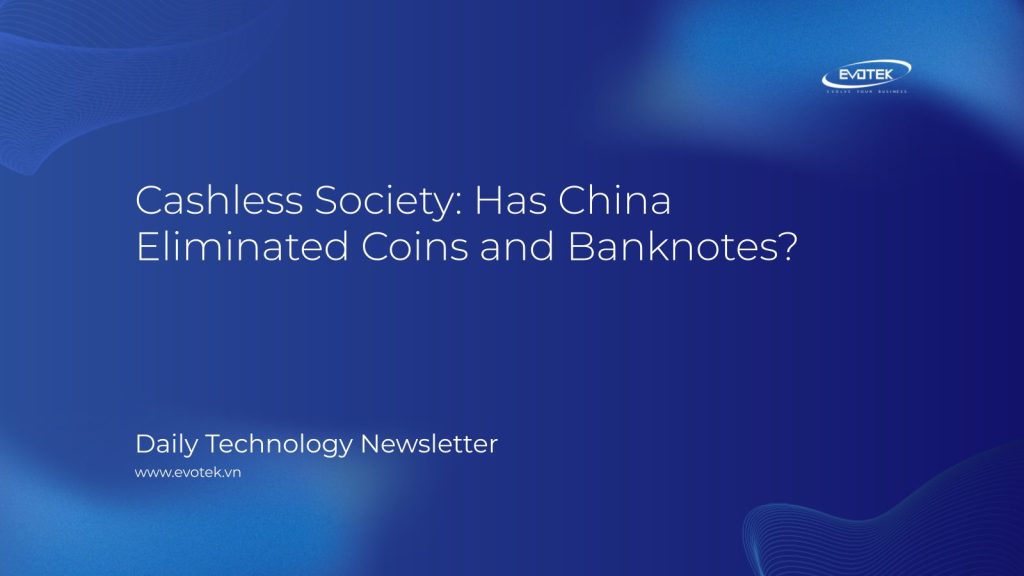Beijing, June 29, 2025 – China is rapidly transforming into a cashless society, where physical money is becoming increasingly obsolete. From bustling supermarkets to cozy cafes and even public transportation, digital payment platforms like WeChat and Alipay have taken center stage, reshaping the daily lives of millions.
The Rise of Mobile Payments
The shift towards digital payments has been nothing short of revolutionary. These two apps, instantly recognizable by their green and blue logos, are now ubiquitous across the country. Many businesses have completely abandoned traditional cash registers, opting instead to scan QR codes presented by customers’ smartphones.
Even everyday scenarios like hailing a taxi or visiting a neighborhood grocery store now often require digital transactions. Cash is frequently refused, reflecting a broader trend where carrying physical money is becoming increasingly impractical.
“A Radical Change”
Ma Dian, a fruit and vegetable vendor at a bustling market in Beijing, notes that this transition accelerated dramatically over the last decade. “It’s been a radical change,” he observes. “I still accept cash only to help the very elderly. Below 80, almost everyone has switched.” This highlights a generational divide, where older citizens find it challenging to adapt to the new digital landscape.
The Last Bastions of Cash
While coins and banknotes are disappearing from most of Chinese society, they can still be found in the hands of older generations at local markets. These individuals are among the last to keep the tradition alive, serving as a reminder of a bygone era.
The rapid adoption of digital payment systems in China showcases the country’s innovative spirit and its embrace of technology. As the cashless trend continues to gain momentum, it raises important questions about financial inclusion, data privacy, and the future of money itself.
Implications and Future Outlook
While the convenience of mobile payments is undeniable, concerns remain about those who may be left behind in this digital revolution. Efforts are underway to ensure that the elderly and other vulnerable populations are not excluded from participating in the modern economy.
The Chinese experience offers valuable insights for other countries considering a move towards a cashless society. As technology continues to evolve, it is crucial to strike a balance between innovation and inclusivity, ensuring that the benefits of digital payments are shared by all.

 日本語
日本語 한국어
한국어 Tiếng Việt
Tiếng Việt 简体中文
简体中文